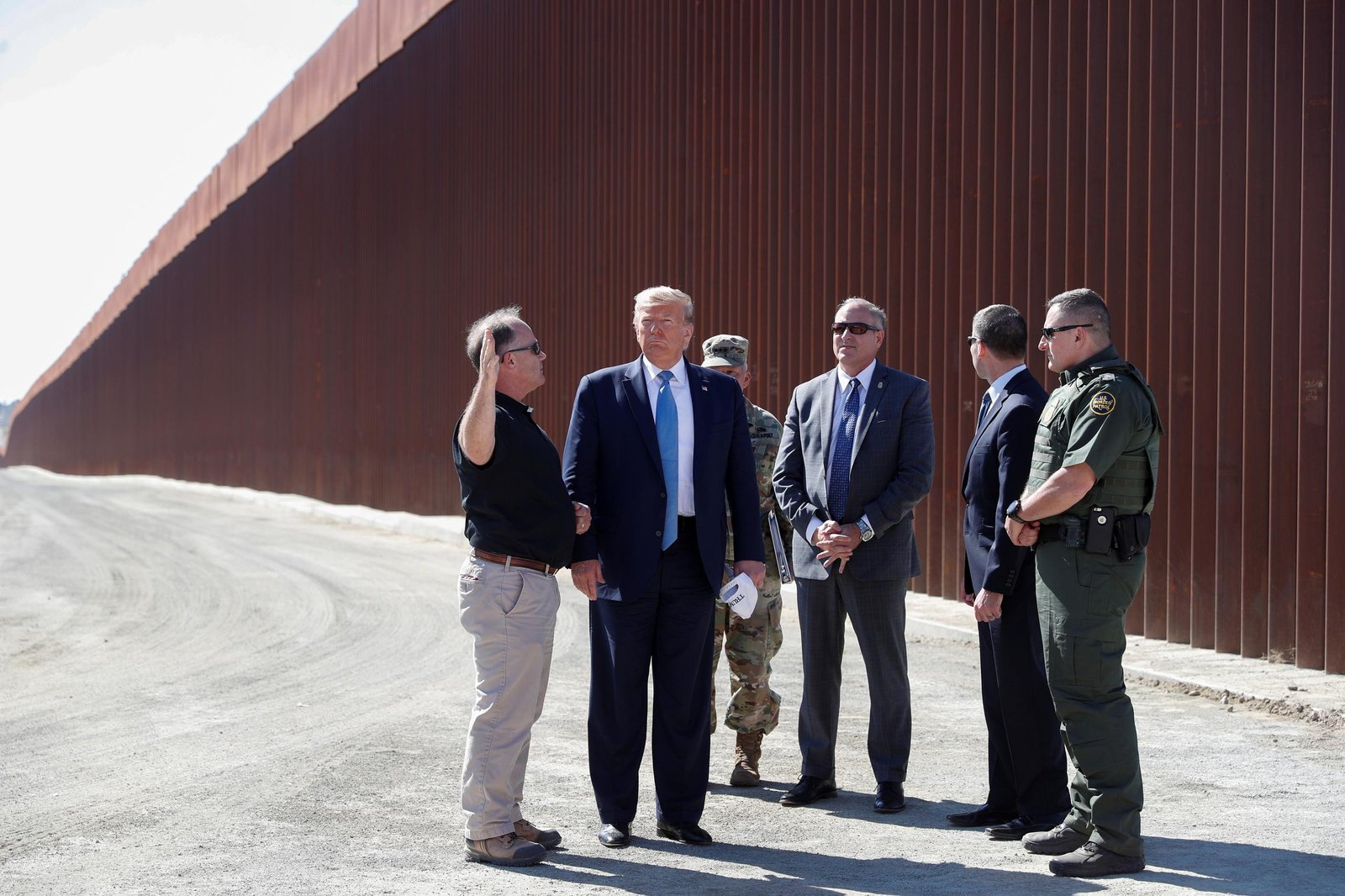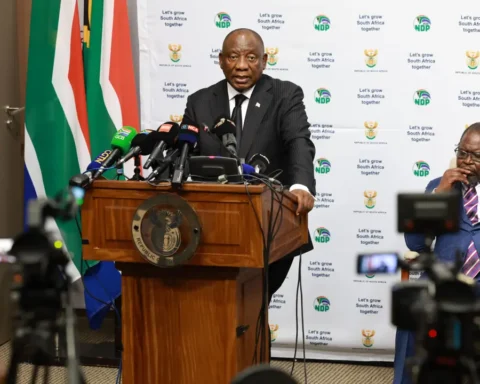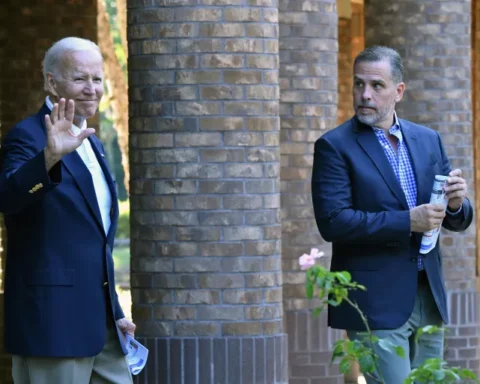The U.S. Defence Department sent Congress a request to shift nearly $4 billion from the military budget to pay for a wall on the border with Mexico, a central promise of President Donald Trump’s campaign for the White House four years ago and bid this year for a second term.
Lawmakers said they received a request on Thursday to reprogramme more than $3.8 billion from funding for the National Guard and weapons programs, setting the stage for a possible confrontation with Democrats.
Democratic aides said $1.5 billion would come from the National Guard, and the rest from funds for procurement, including the Lockheed Martin Corp (LMT.N) F-35 fighter jet programme, Lockheed C-130 transport aircraft, Boeing Co (BA.N) P-8 Poseidon maritime patrol aircraft, Bell Boeing V-22 Osprey tilt-rotor aircraft, and shipbuilding.
Congressional Democrats, who opposed Trump’s past diversion of billions of dollars in military spending to the border wall project, said the decision was dangerous and misguided.
“President Trump is once again disrespecting the separation of powers and endangering our security by raiding military resources to pay for his wasteful border wall,” Democratic Representatives Nita Lowey, chairwoman of the House of Representatives Appropriations Committee, and Pete Visclosky, chairman of the Defence Appropriations subcommittee, said in a statement.
The criticism was bipartisan.
The top Republican on the U.S. House Armed Services Committee, Representative Mac Thornberry, said the move by the Pentagon was “contrary to Congress’s constitutional authority.”
A senior Pentagon official said U.S. Defence Secretary Mark Esper had approved about $3.8 billion in funding being diverted to build 177 miles (290 km) of border wall.
Last month, the Pentagon received a request from within the Trump administration to build roughly 270 miles (435 km) of wall on the border, which would have cost about $5.5 billion.
“The transfer of funds is based on what the law allows and that the items to be funded are a higher priority than the items (from) which the funds were transferred,” Robert Salesses, the deputy assistant secretary of defence for homeland defence integration, told Reuters.
The American Civil Liberties Union, or ACLU, said it would challenge the latest border wall transfer.
The Trump administration has vowed to build at least 400 miles (640 km) of wall along the border by November 2020, when Americans will vote for president. In his 2016 campaign, Trump said Mexico would pay for the wall. The Mexican government has consistently refused to do so.
Trump’s hard-line immigration policies, particularly for immigrants who come across the southern border with Mexico, have been a signature of his political campaign and first term in the White House.
Reporting by Patricia Zengerle; Additional reporting by Idrees Ali, Mike Stone and Ted Hesson; editing by Jonathan Oatis








